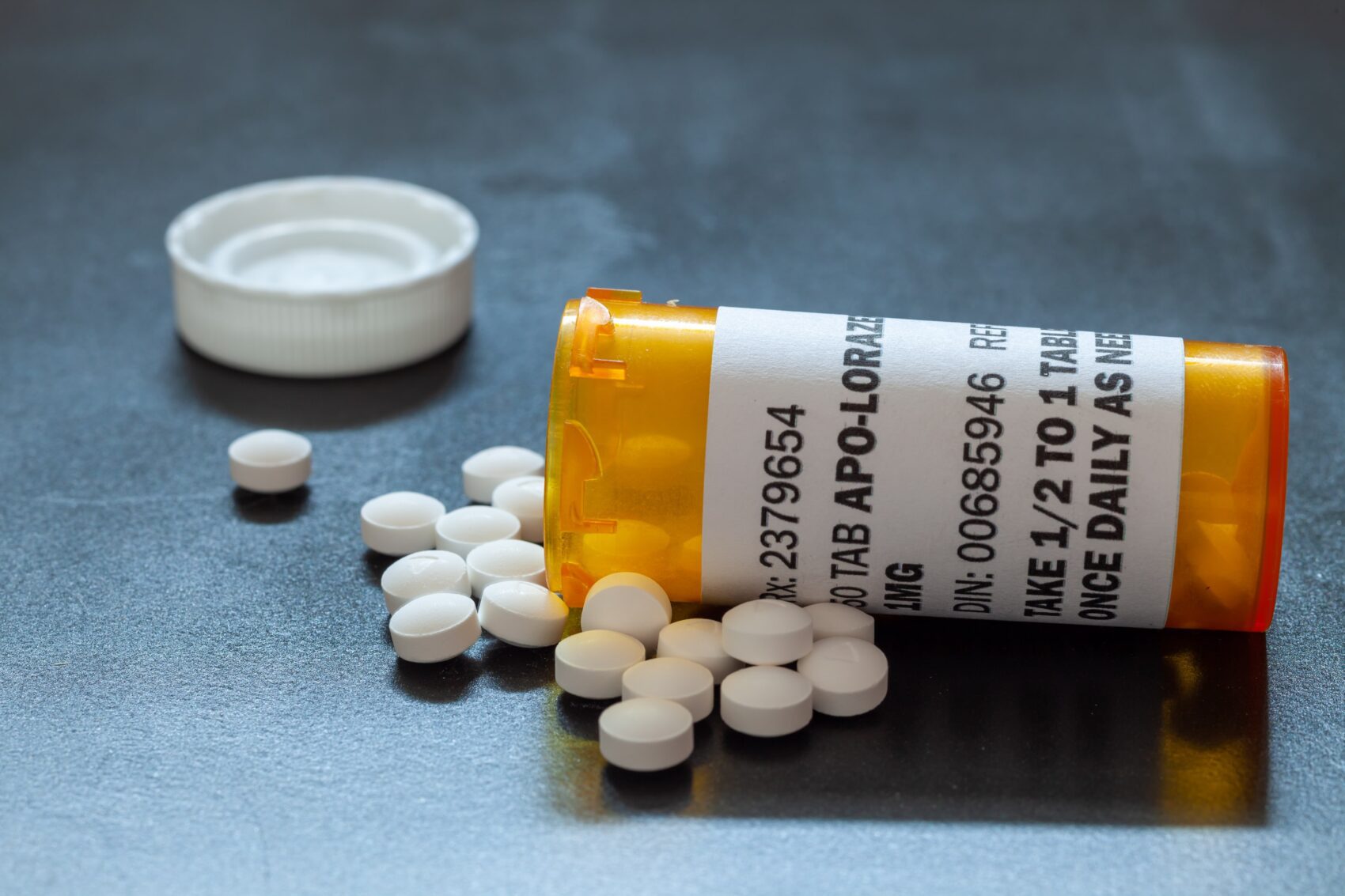
The term opiate is often incorrectly used synonymously with the term opioid. All opiates are accurately categorized as opioids, but not all opioids are opiates. While opioids encompass all-natural, semisynthetic, and synthetic opioids, the Centers for Disease Control and Prevention (CDC) explain that opiates refer exclusively to the natural version of opioids (e.g., morphine, codeine, and heroin). Opiates are substances that are derived from the opium plant, poppy. When ingested, opiates elicit a pain-relieving effect by binding to the opioid receptors in one’s brain, spinal cord, gastrointestinal tract, and other organs in one’s body which regulate one’s breathing as well as the perception of pleasure and pain. Opioids work by depressing the central nervous system and adjusting the amount of information surrounding pain that is relayed to various areas of one’s body, which in turn reduces one’s perception of pain.
What Are Opioids?
Opioids are a type of drug used to alleviate moderate to moderately severe pain. According to the National Institute on Drug Abuse (NIH), “Opioids are a class of drugs that include the illegal drug heroin, synthetic opioids such as fentanyl, and pain relievers available legally by prescription, such as oxycodone (OxyContin®), hydrocodone (Vicodin®), codeine, morphine, and many others.” Opioids can be chemically created in laboratories or are directly derived from the organic plant. Prescription opioid medications are considered controlled substances, and although they have highly addictive qualities, are safe when used for a short period of time, under the direct supervision of a medical professional. Important information regarding medication (e.g., controlled substances) that is regulated by the FDA (U.S. Food and Drug Administration) includes the potency, the expiration date, additives and ingredients, and the origin of the medication.
All information shared regarding illicit drugs such as heroin, as well as illegally sold opioid medications is provided solely at the discretion of the retailer. This exponentially increases one’s risk of overdose. The CDC asserts that “opioid-involved overdose deaths rose significantly from 46,802 deaths in 2018 to 49,860 in 2019.” According to the World Health Organization (WHO), about 0.5 million deaths are attributed to drug use, worldwide, and more than 70 percent of these deaths are related to opioids. Because regulated opioids are commonly used in the medical field, their accessibility has grown exponentially over the years, which some belief has contributed to the rise of the opioid epidemic in America.
For Information and Support
Substance abuse and addiction can be incredibly dangerous and can result in severe short and long-term consequences. If you or someone you know is suffering from substance abuse or addiction, please get help as soon as possible. The earlier you seek support, the sooner you and your loved ones can return to leading happy, healthy, and fulfilling lives. There is no reason to go through this alone, and we are here to help. Please feel free to reach out to us for further information or with any questions regarding substance abuse or addiction. We are available anytime via telephone at: 213-389-9964, or you can always email us at: info@friendlyhousela.org.



